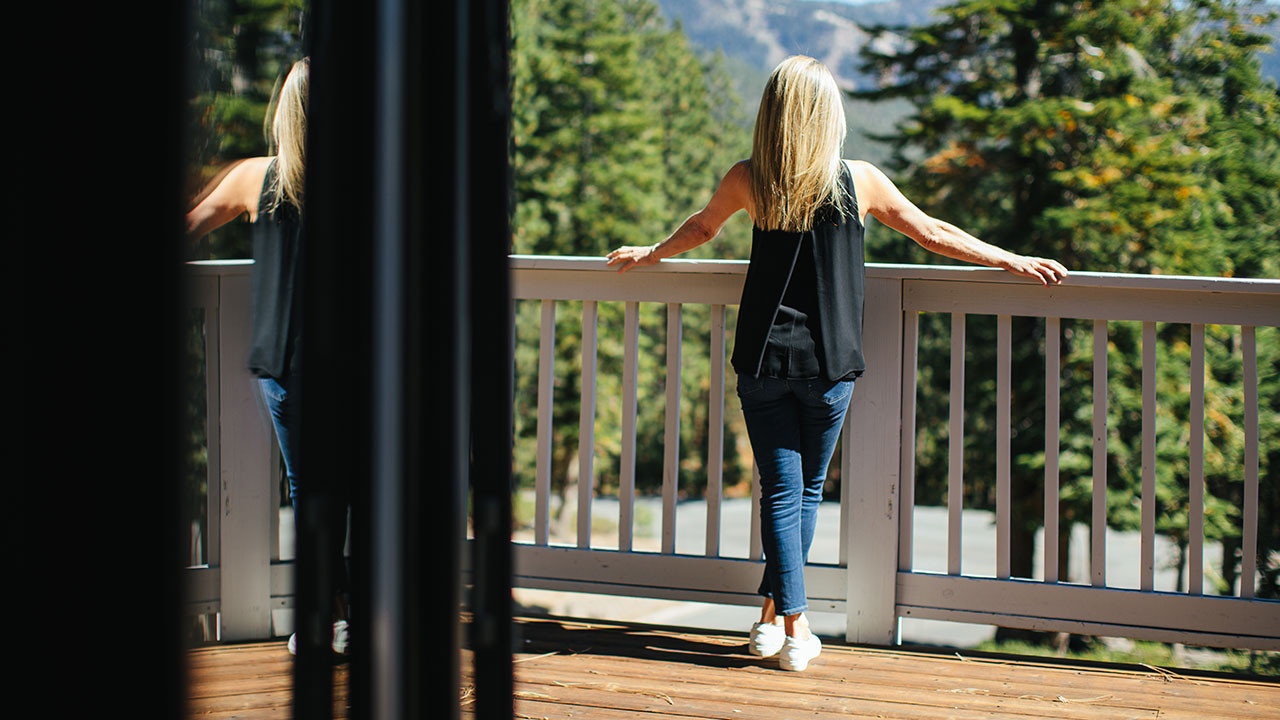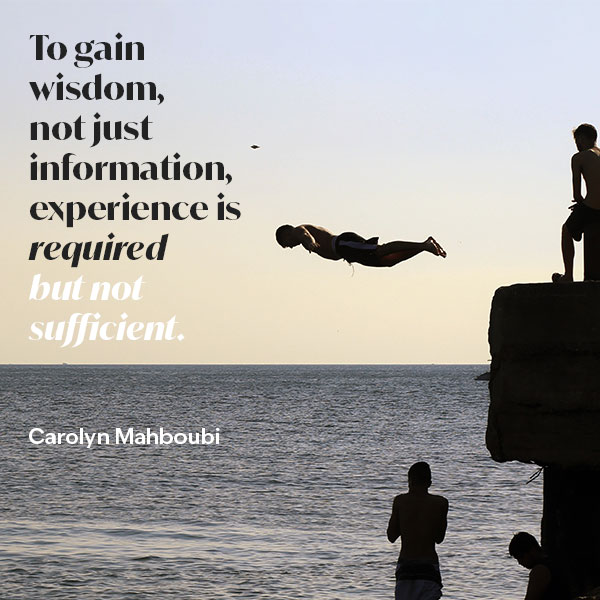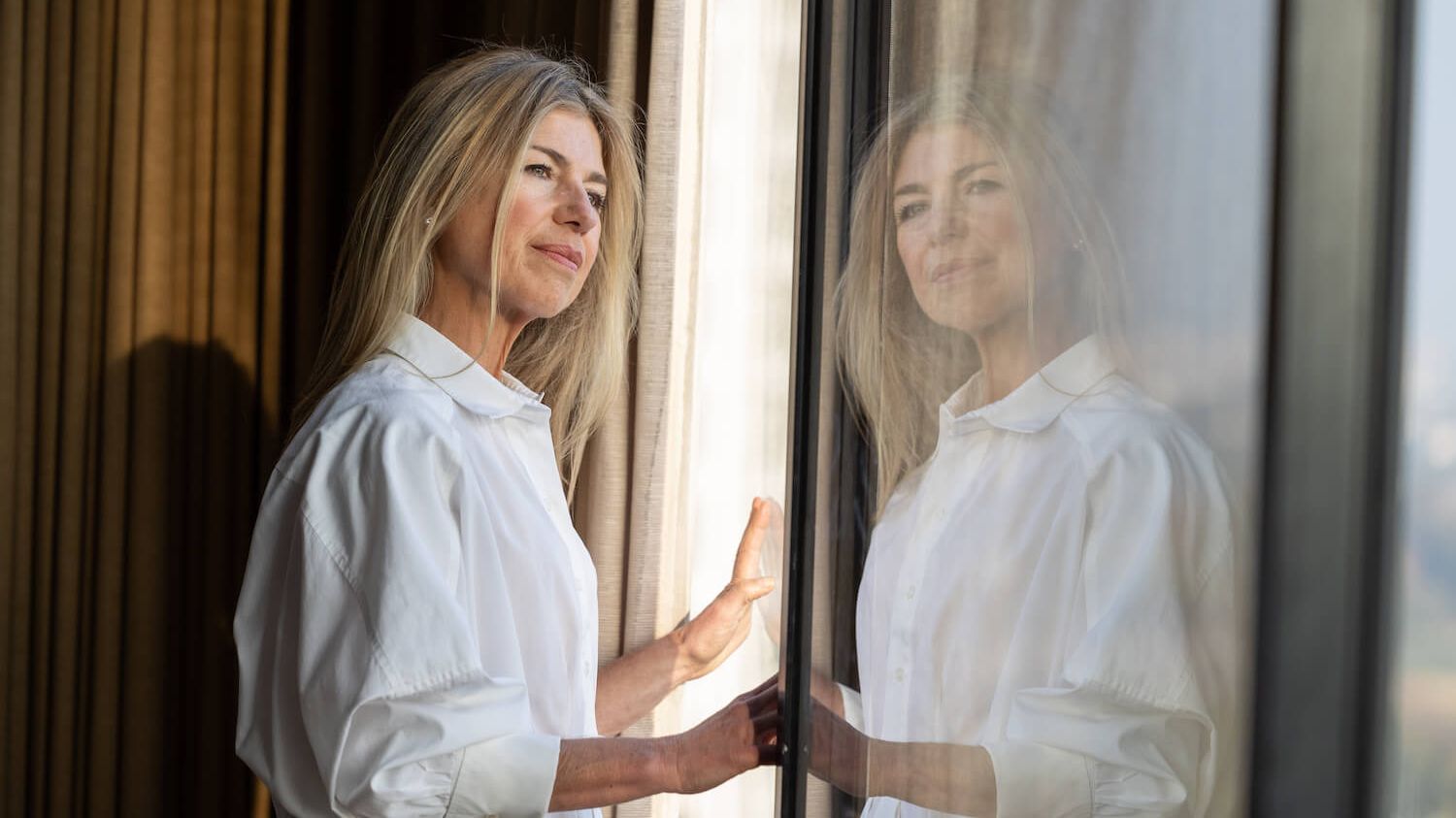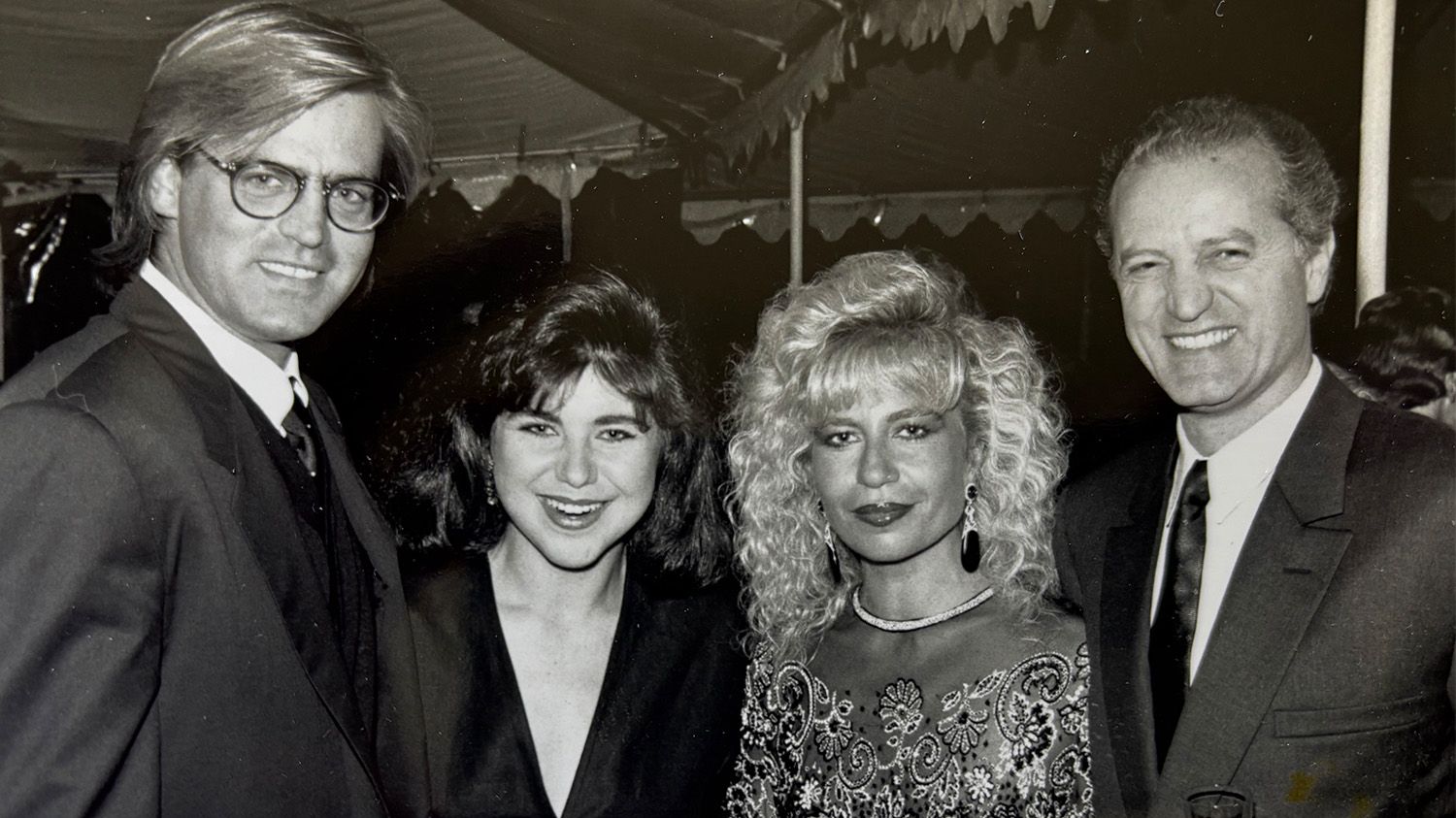Is Experience Always The Best Teacher?

A very long time ago, Julius Caesar said, “Ut est rerum omnium magister usus” which roughly translates to — experience is the best teacher.
And we’ve since repeated this “truth” a gazillion times — to ourselves, our children and anyone who is willing to listen.
But is this actually “the truth” or a pithy quote we’ve made conveniently “true” to soothe the pain of negative life experiences?
What I have learned about the veracity of this statement is the result of coaching many adults who are navigating their Second Mountain — and of course, my own years of a very adventurous and experience-rich life.
And here it is:
To gain wisdom — not just information — experience is required but not sufficient.

We are all surrounded by folks (and sometimes that person is me!) who continue to make the same errors and repeat long time destructive patterns regardless of how well we know it and how deeply we desire to change. We see this dynamic regardless of the person’s age and life experience.
I’m talking about the boss who leads by expectations rather than agreements.
The parent, who despite knowing better, continues to control their child’s outcomes.
And the spouse who wants peace and connection, yet would rather be right and listens only to prove his or her point.
The list is endless and we are all guilty of these repeated offenses.
But some of us are less guilty than others.
These are the people who know how to transform their experience into lifelong wisdom.
It’s simple because it involves a sole practice.
But it’s not easy… because the precondition to the above is another practice that is arguably the hardest one for high achieving people — the practice of slowing down.
It would have been more true for Caesar to have said, “Experience can be the best teacher.”
Once we take the essential step of slowing down, we are far more likely to gain awareness — the starting point of any true and sustainable change.
Having gained awareness, the action that mines wisdom (and not just knowledge) from our experience, is reflection.
The reason masterful coaching works is because reflection is the most used tool in any skilled professional coach’s toolbox.
Reflection is not rumination. Although it’s possible under very particular circumstances to reflect deeply and have insights in one’s head — it is more often the case that we are able to access wisdom and learn the lessons of experience, through externalizing.
Externalizing is simply taking something that’s inside of us in the form of a thought or a feeling and expressing it in words and actions.
Imagine looking through the glass front of a washing machine in the process of washing a full load of clothes. You can see bits and pieces, colors and fabrics, a sock here and a shirt there.
It’s not until you take every piece out and lay them on a surface that you recognize what was really in the machine.
Our mind is like that washing machine and we live in the misunderstanding that more thinking will lead to more insights and wisdom.
But the truth is…
More thinking just leads to more thinking.
We need to take the proverbial clothes out of the machine and take a good look at what we have to work with.
We can do this in three ways:
1. Speak to a professional.
Get your thoughts, feelings and words out and into a conversation with someone who has no agenda but to help you reflect and access your own unique learnings and wisdom.
You can do this with someone in your circle, family or community, but be cognizant that those who love us the most will almost always have an unconscious agenda of what they believe is best for us. This kind of reflection can lead to even more confusion.
2. Write.
Getting our words out on paper is an extremely powerful means of reflection.
I’m often asked how I’ve developed the discipline to write consistently. It’s not discipline anymore (it was in the beginning as required for any new habit to take root), I write about what I most need to learn.
3. Community
Enroll in or create your own community of individuals who are on the same path of self growth and mastery. Make sure it’s a community that holds space for reflection and is committed to the growth of its members above all else.
How are you creating opportunities for reflection in your days?
Your response will decide if you are becoming wiser or just more experienced. Either is good, but both is best!







